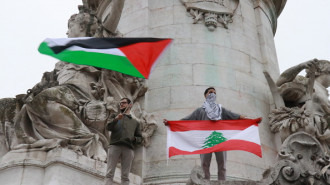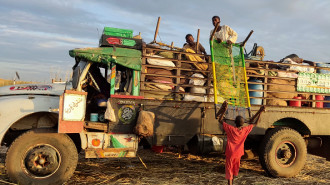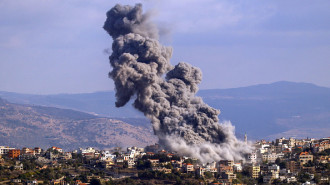Only 'fair distribution' can end Libya oil blockade, Haftar-linked diplomat says
The closures came about when powerful tribal groups loyal to Haftar in January seized several large export terminals along Libya's eastern coast, as well as southern oil fields.
Haftar and his self-styled Libyan National Army (LNA) are allied with the interim government based in the east, which opposes the internationally recognised government in Tripoli.
Oil is the lifeline of Libya's economy and the loss in revenues has exacerbated the humanitarian situation in the country.
The shutdown has caused losses of more than $1.85 billion, according to the country's oil corporation.
"These resources are protected by our government, and by its army," Abdelhadi Lahouij, foreign minister of the interim government told The Associated Press. "We pay the money for the police to guard the oil facilities, and protect the foreigners who are working in the oil facilities."
Haftar's forces, which control the eastern and much of the southern part of the country, launched an offensive in April to capture the capital Tripoli from the UN-supported but weak government based there.
The closure of the oil facilities was seen as part of Haftar's efforts to capture Tripoli and punish his adversaries there for sealing security and maritime agreements with Turkey, opening doors for unlimited military support from Ankara.
Read more: A political solution in Libya seems impossible, so what now?
The Tripoli government controls only a shrinking corner of the country's west, but it enjoys a different advantage: its control over Libya's Central Bank, which holds the country's oil revenue.
The opaque finances of the bank has drawn sharp criticism. Haftar's forces accused the bank of diverting oil assets to pay Syrian mercenaries to defend the capital.
|
|
Libya's National Oil Corporation, which dominates Libya's critical oil industry and is based in Tripoli, has also called repeatedly for increased transparency.
Lahouij accused the Tripoli-based government of using oil resources to pay for "mercenaries and foreign pilots" who fight on its side against Haftar's forces.
Turkey has sent hundreds of Syrian fighters including militants to fight alongside forces allied with the Government of National Accord (GNA).
"When we are guaranteed a fair distribution of resources, this problem will come an end and the oil flow will return as it was," he said.
The National Oil Corporation said losses from the oil closures have reached more than $1.85 billion as of Thursday. The daily oil production has since the closure fallen to 122,424 barrels a day from about 1.2 million.
Libya has the ninth largest known oil reserves in the world and the biggest oil reserves in Africa.
The Tripoli authorities and US officials have also accused Haftar of relying on hundreds of Russian mercenaries.
Sudanese armed groups from the Darfur region have also joined the fighting on both sides, according to a report by UN experts last year. Notably, Sudanese mercenaries are reportedly involved in the guarding of eastern Libyan oil facilities.
Lahouij denied that Russia has provided military assistance to Haftar's forces. "There is no Russian military aid for... our Libyan army," he said.
Follow us on Twitter and Instagram to stay connected

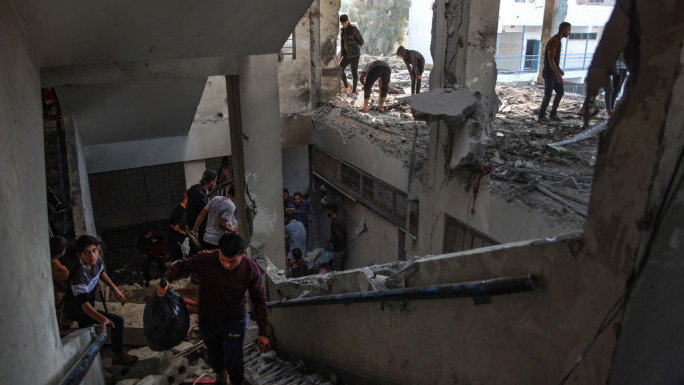
![President Pezeshkian has denounced Israel's attacks on Lebanon [Getty]](/sites/default/files/styles/image_684x385/public/2173482924.jpeg?h=a5f2f23a&itok=q3evVtko)

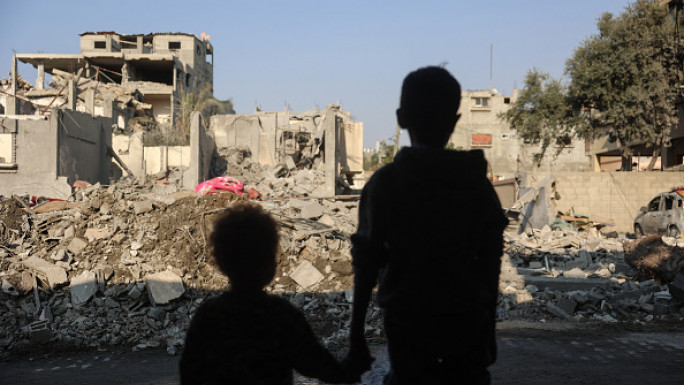
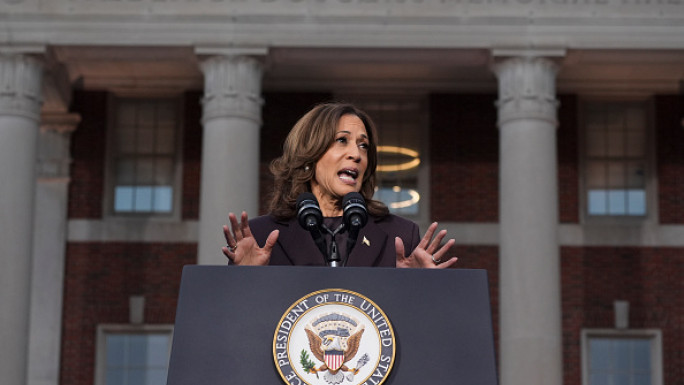
 Follow the Middle East's top stories in English at The New Arab on Google News
Follow the Middle East's top stories in English at The New Arab on Google News
